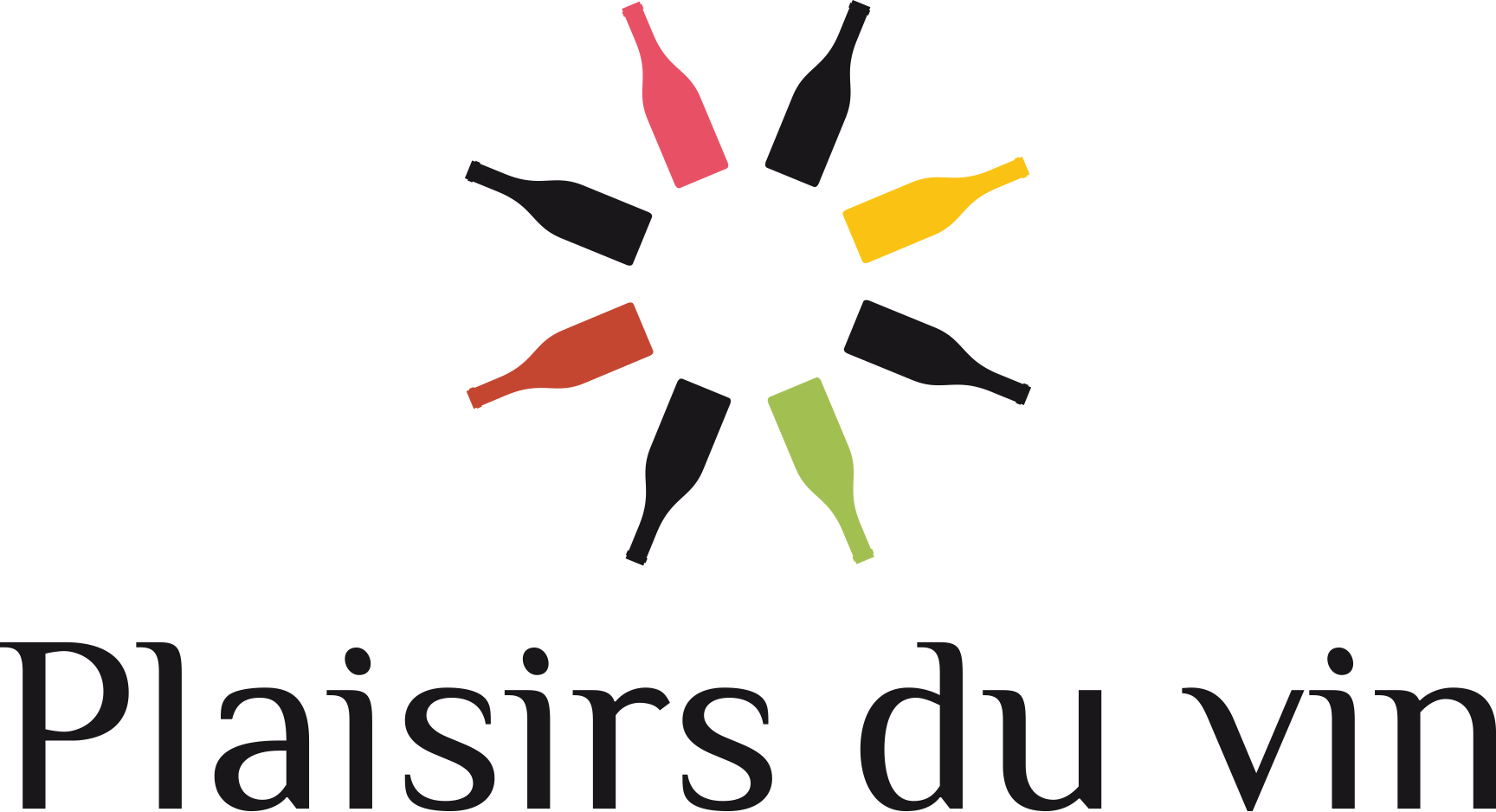
Biodynamics is a production technique that aims to promote organic farming and excludes the use of synthetic fertilizers and pesticides. Most treatments are based on sulfur and copper. Before 2012, only agriculture was regulated, but as of this year a new way of making wine is emerging, thanks to leading independent labels such as Demeter Biodyvin naturel et progrès, promoting stricter instructions and specifications and incorporating a dimension that it ranges from agriculture to winemaking, the relationship between the vine and flora and fauna, and also with man. Biodynamics is defined as the absence of additions or modifications and a vinification that respects biodynamic practices, which tend to eliminate all inputs and use all practices designed to modify the natural balance of the grape.
One wonders how biodynamics is put into practice. In fact, many notions are dictated regarding the practice of biodynamics. Biodynamics uses sprays of herbs such as nettles, horsetail, valerian, sage… Minerals are also used to revitalize the life of the soil and strengthen the vine, this practice is called phytotherapy, which helps it to better resist diseases or frost attacks. As you may have guessed, all chemicals are strictly prohibited in biodynamic farming. This practice prides itself on being even stricter than organic farming. Some farmers even study lunar cycles and work their vines accordingly, the usefulness of this lunar practice remains to be proven, although some winegrowers attest that the reduction was most noticeable during waning moons.
Biodynamics also has a different view of diseases, because in traditional agriculture the disease is identified, studied and then a remedy is sought to neutralize the consequences of the disease. In biodynamics it is quite the opposite: the pathogen that appears is seen as a direct consequence of a deeper problem in the plant, which is why winegrowers go to the origin of this imbalance and not to the symptom, which is why they want to revitalize the soil with the application of organic preparations, as we have seen, and thus favor the stability of the ecosystem.
Regarding input additives, the authorized sulfur levels are much lower. However, there are all types of crops that are even more restrictive, especially the Naturel and SAINS denominations, which are produced respectively with between 30 and 40 mg per liter of sulfur, and 0 traces for SAINS.

Our Sommelier Team
CATEGORIES
Categories
newsletter
No more posts



